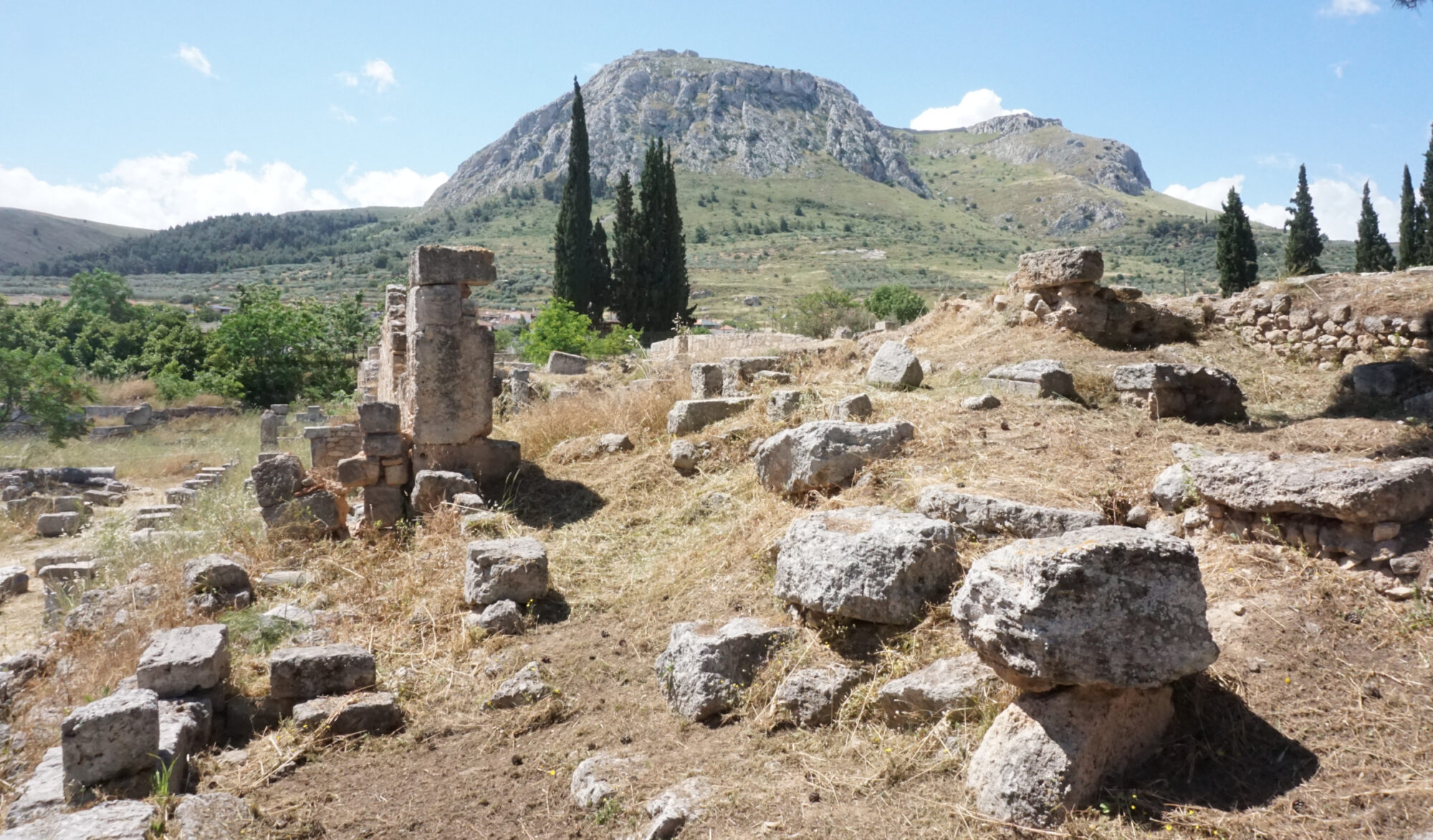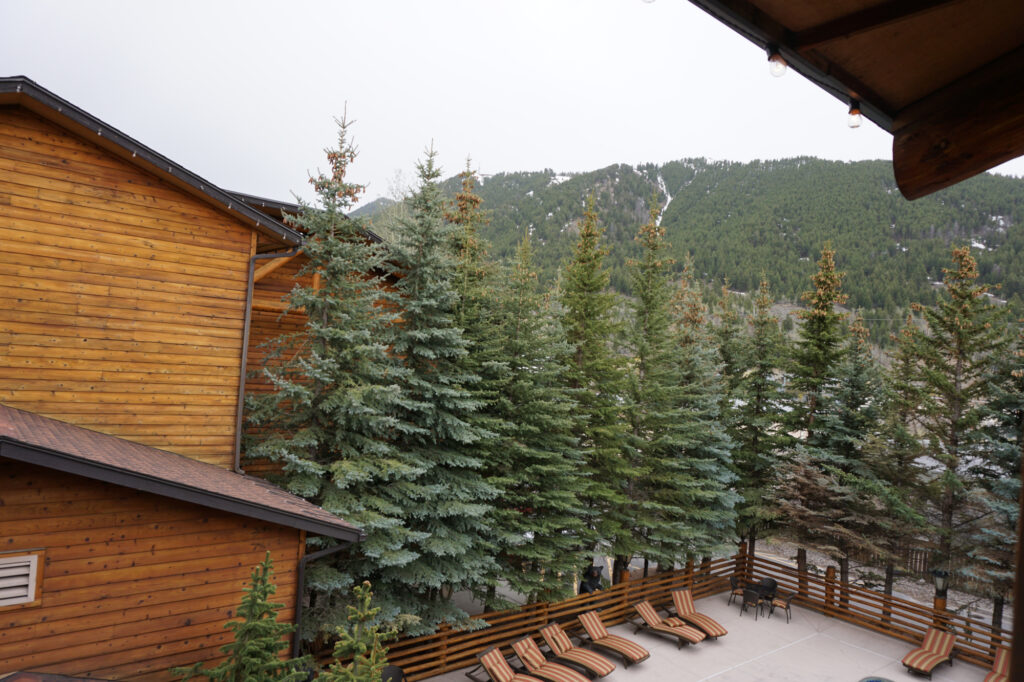Daniel 3:26 (ESV)—Then Nebuchadnezzar came near to the door of the burning fiery furnace; he declared, “Shadrach, Meshach, and Abednego, servants of the Most High God, come out, and come here!” Then Shadrach, Meshach, and Abednego came out from the fire.
Hand wrapped around a yellow Neutrogena bottle, I squeezed and thick, white lotion spurted into my hand. Slathered on, the lotion formed a transparent white smear on my legs, and I danced to the water to cool my sand-scorched toes.
After a while, I returned to the shore, slapping on more SPF 50. Only this time, sunscreen mixed with sand, leaving a gritty layer on my skin and, later, the realization I’d missed a spot and gained a touch of sunburn on my left foot.
King Nebuchadnezzar of Babylon offered Shadrach, Meshach, and Abednego a sunscreen of sorts: worship his golden idol to avoid death in a furnace. The three Hebrew men had to choose to worship Nebuchadnezzar’s god and live or to stay faithful to their God and face death. A temporary measure, for sure, given this king’s past threats on these men’s lives (read Daniel 1).
Did they apply the offered sunscreen to protect themselves from the king’s threats? No. They chose the only surefire method of coming out without a touch of sunburn: God. The men refused to worship any other god and the king ordered them thrown into a fire hot enough to kill the men who delivered them to the furnace.
These men, when faced with death, did not apply the sunscreen of living in the shadow of an earthly king; they chose to live in the light of the true God. Their walking out of the fire without even singed hair or a whiff of smoke on their bodies proved God’s power even to Nebuchadnezzar (who, may I add, still tried to display his own power by threatening to kill anyone who spoke against God).
Indeed, God’s power protects better than the threats of any earthly king, greater than any protection we try to apply to ourselves. God offers us the only fail-proof protection. He gives us as his followers “great salvation” and “shows [us] steadfast love” (2 Samuel 22:51), better than any SPF that fades with time.
And like Shadrach, Meshach, and Abednego, we can walk into the fire without fear and come out as a shining example of God’s power to overcome any trial. Who needs sunscreen when we follow the God who saves?

